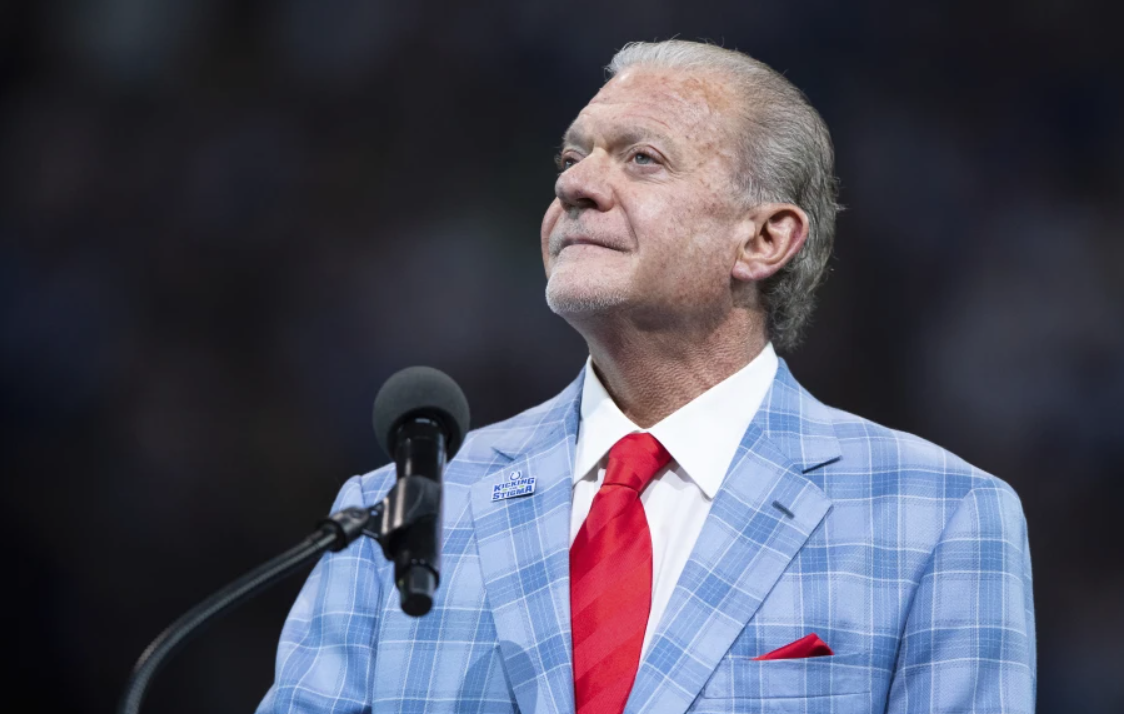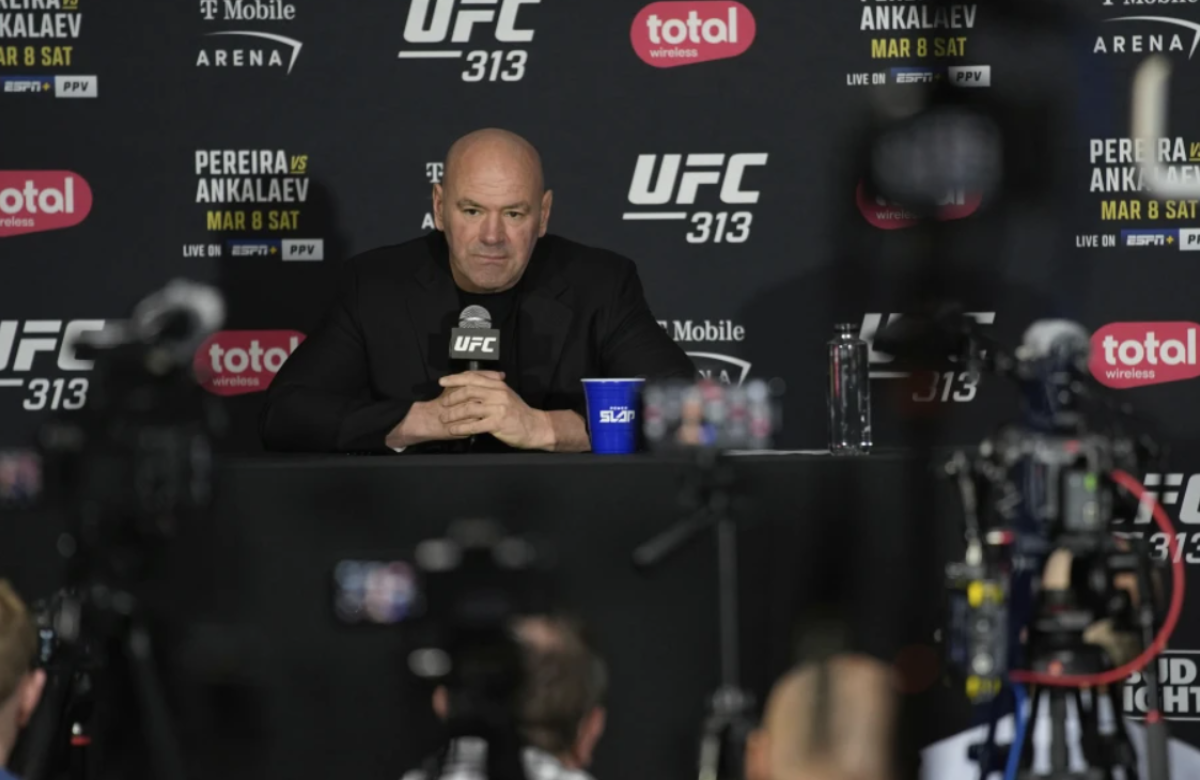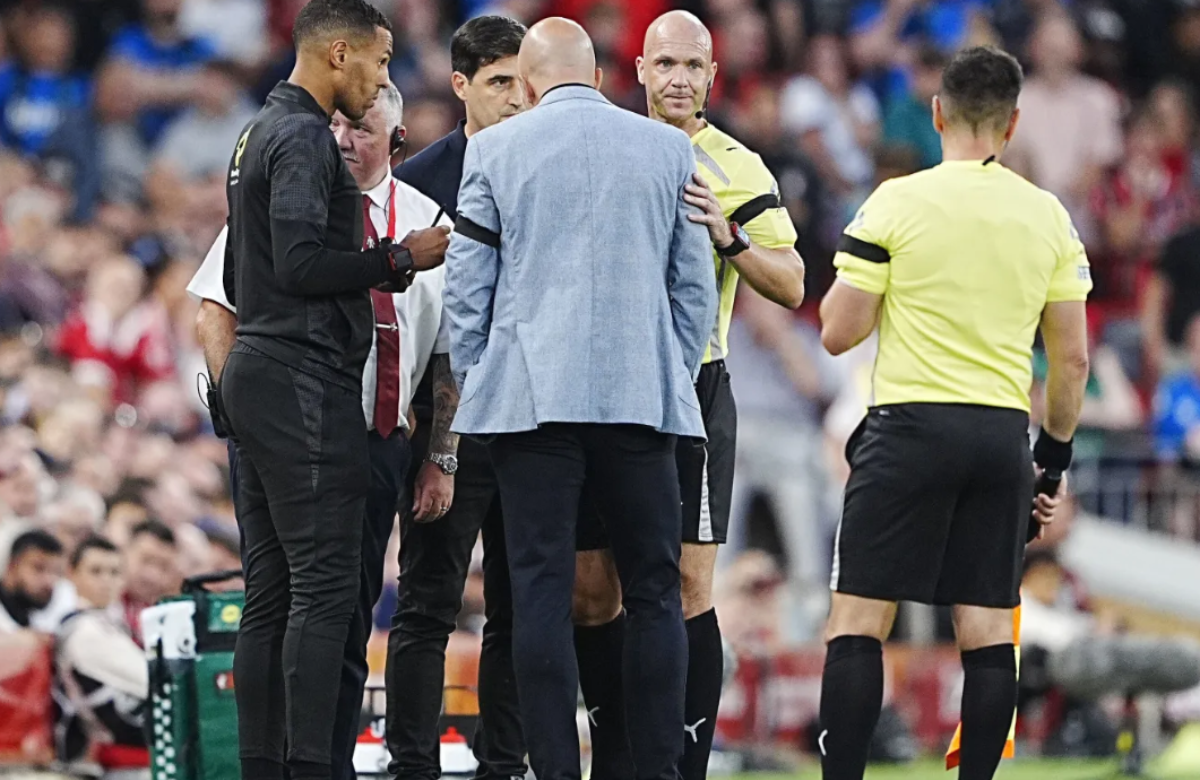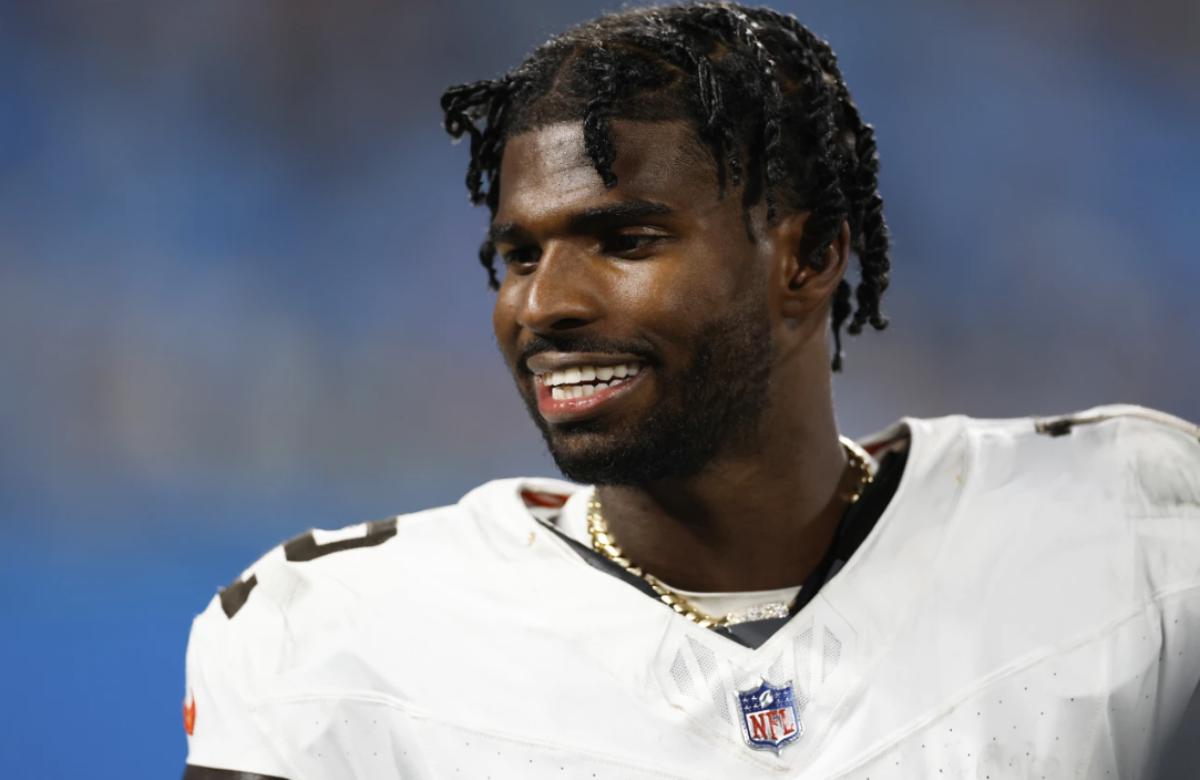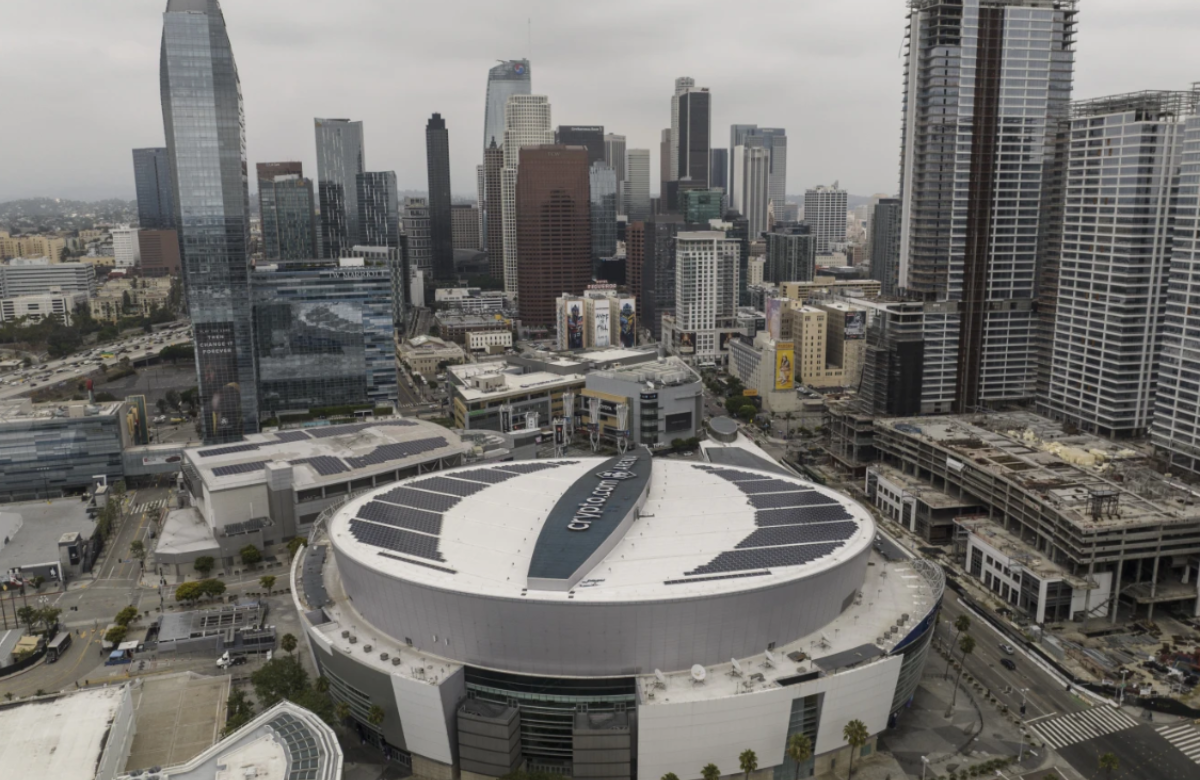Jim Irsay’s journey in football began humbly as a ball boy and ended at the top — as the passionate and influential owner of the Indianapolis Colts. Along the way, he built a legacy marked by bold leadership, personal battles, and a deep love for music, community, and the game itself.
On Wednesday, Irsay passed away peacefully in his sleep at age 65. The news was shared by his longtime associate and Colts executive Pete Ward, who praised Irsay’s unparalleled dedication to the team and community. “His generosity, his commitment to family, and his deep love for the Colts will always be remembered,” Ward said.
Under Irsay’s leadership, the Colts transformed from a struggling franchise into a consistent contender, ultimately capturing a Super Bowl championship. He teamed up with legendary figures like general manager Bill Polian, coach Tony Dungy, and quarterback Peyton Manning to usher in a golden era of Colts football.
Irsay also played a key role in bringing Lucas Oil Stadium to life — a modern venue with a retractable roof that helped Indianapolis land its first Super Bowl. Manning reflected on Irsay’s passing by calling him “an incredibly generous and passionate owner,” and credited Irsay with giving him his NFL start and supporting the city like no one else could.
In recent years, Irsay became less visible as he dealt with various health concerns, including a fall in December 2023 that left him unresponsive. He was later diagnosed with a respiratory illness and underwent surgeries, though he remained optimistic during his public appearances.
His early exposure to NFL legends like Johnny Unitas, Bert Jones, Al Davis, and Art Rooney shaped his understanding of the game. When Irsay took over the Colts after his father’s death in 1997, he brought a new vision, energy, and respect for the team’s legacy.
Among his many business decisions, perhaps none was more emotional than releasing Manning in 2012 following a season-ending injury — a move that made way for the drafting of Andrew Luck and marked the beginning of another successful chapter. Though controversial, Irsay described the decision as one of the toughest of his life, saying it was driven by what was best for the team.
Outside of football, Irsay was known for his remarkable collection of music and cultural artifacts. He spent millions acquiring iconic items like Jack Kerouac’s original “On The Road” manuscript, a first edition of the Alcoholics Anonymous “Big Book,” and instruments from legends such as Jimi Hendrix, Prince, and John Lennon. His collection also included Muhammad Ali’s championship belt, Secretariat’s saddle, and documents from American presidents.
“I love that guitars can be played,” Irsay once said. “They become more than just historical pieces — they’re alive in a way books or paintings can’t be.”
Yet, Irsay’s life was not without hardship. He battled alcoholism and a long-term addiction to painkillers, undergoing rehab numerous times and surviving an accidental overdose. A 2014 arrest brought public scrutiny, but Irsay acknowledged his struggles openly, and eventually served a six-game suspension and paid a hefty fine.
Despite personal and professional challenges, Irsay remained deeply respected within the league. He empowered front office leaders like Polian to build competitive teams, and his generosity often extended beyond the locker room — famously sending a Super Bowl ring to former star Edgerrin James, who had left before the title win.
Those who worked with him spoke highly of his football acumen and passion. “He lives and breathes the game,” said former coach Chuck Pagano. “There’s so much he’s taught us — he made a lasting impact.”
Though he sometimes drew attention for his eccentric style or outspoken social media posts, Irsay’s core legacy is that of a fiercely loyal team owner with a big heart, a creative soul, and a relentless drive to win — both on the field and in life.
He is survived by his daughters, Carlie Irsay-Gordon, Casey Foyt, and Kalen Jackson, who now carry on the family legacy.
Jim Irsay didn’t just own a football team — he lived it. And his legacy will continue to shape the Colts and the NFL for generations.
